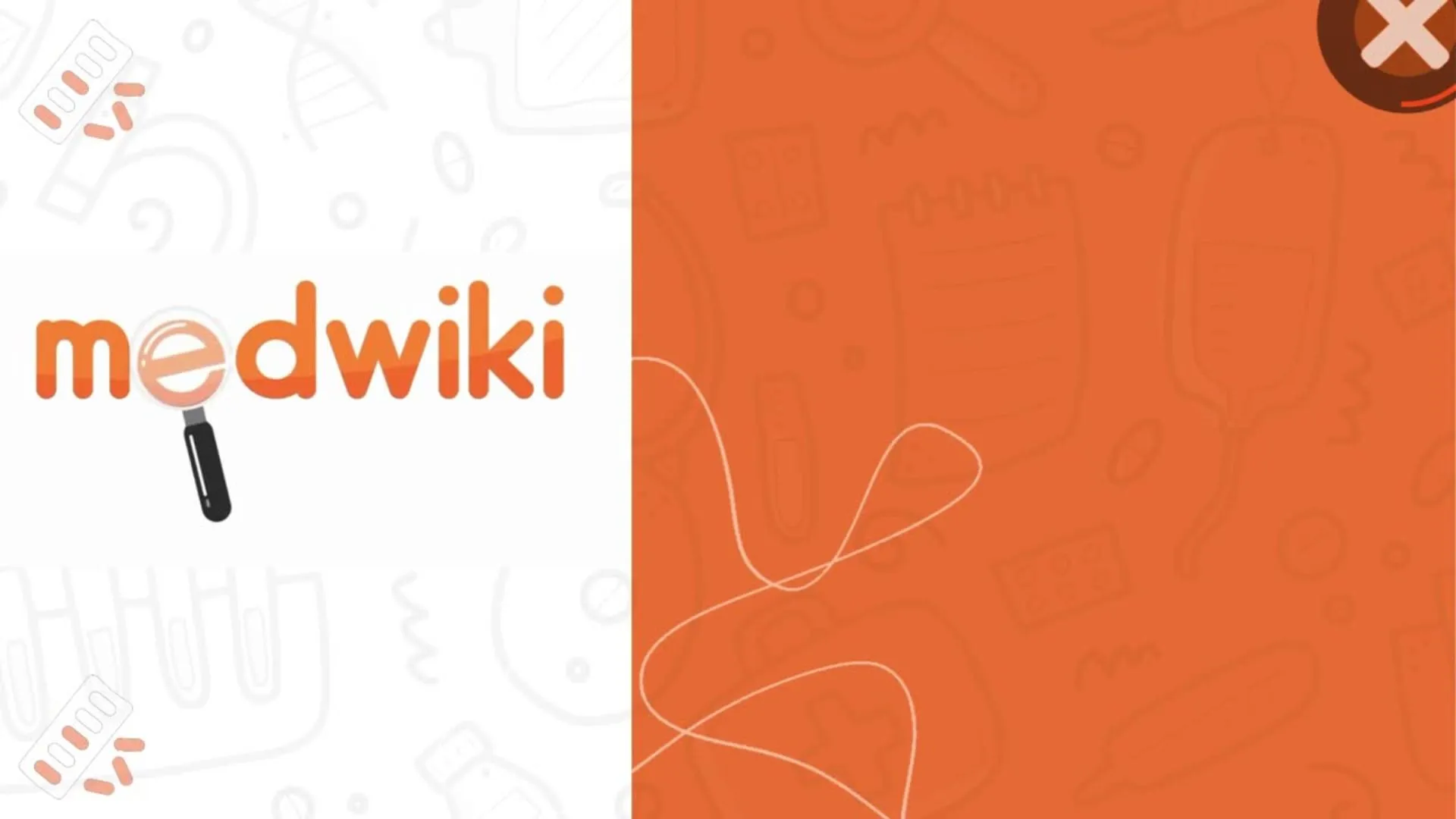Abacavir
DRUG STATUS

Government Approvals
US(FDA), UK(BNF)

WHO Essential Medicine
YES

Known Teratogen
No

Pharmaceutical Class
Human Immunodeficiency Virus Nucleoside Analog Reverse Transcriptase Inhibitor

Controlled Drug Substance
undefined

Abacavir
Learn more about this medicine -
Click HereSummary
Abacavir is an antiretroviral medication used for treating human immunodeficiency virus (HIV) infection. It helps manage the infection and decreases the risk of developing illnesses related to AIDS. It's often used in combination with other antiretroviral agents and can be prescribed for post-exposure prophylaxis in certain cases.
Abacavir belongs to a class of drugs known as nucleoside reverse transcriptase inhibitors (NRTIs). It works by inhibiting an enzyme called reverse transcriptase, which is crucial for the replication of HIV. By doing this, Abacavir reduces the viral load in the body, or the amount of virus present.
For adults, the usual dose of Abacavir is 600 mg daily, taken as 300 mg twice a day or 600 mg once a day. For children aged 3 months and above, the recommended dose is 8 mg per kg of body weight twice daily or 16 mg per kg once daily, not exceeding 600 mg per day.
Common side effects of Abacavir include headache, nausea, and fatigue. Serious side effects can include hypersensitivity reactions, which occur in about 8% of patients without prior HLAB5701 screening. Symptoms may include fever, rash, gastrointestinal issues, and respiratory symptoms.
Patients with a history of hypersensitivity reactions to Abacavir or those who test positive for the HLAB5701 allele should avoid using this medication due to the increased risk of severe allergic reactions.
Indications and Purpose
What is Abacavir used for?
Abacavir is indicated for the treatment of HIV-1 infection, often used in combination with other antiretroviral agents. It may also be prescribed for post-exposure prophylaxis in certain cases.
How does Abacavir work?
Abacavir acts by inhibiting reverse transcriptase, preventing HIV from replicating its genetic material and thereby reducing the overall viral load in the body.
Is Abacavir effective?
Clinical studies have shown that abacavir effectively reduces HIV viral loads and improves immune function when used as part of a combination therapy regimen.
How does one know if Abacavir is working?
The effectiveness of abacavir is monitored through regular medical check-ups, including viral load tests to assess the reduction in HIV levels and CD4 cell counts to evaluate immune system health.
Directions for Use
What is the usual dose of Abacavir?
For adults, the usual dosage of abacavir is 600 mg daily, taken either as 300 mg twice a day or 600 mg once a day. For children aged 3 months and older, the recommended dose is 8 mg per kg of body weight twice daily or 16 mg per kg once daily, not exceeding 600 mg per day.
How do I take Abacavir?
Abacavir can be taken with or without food, but it should be taken at the same times each day to maintain consistent levels in the bloodstream. Patients should continue their normal diet unless instructed otherwise by their doctor.
For how long do I take Abacavir?
The duration of abacavir treatment varies based on individual circumstances but is typically long-term as part of a comprehensive HIV treatment regimen.
How long does it take for Abacavir to start working?
Abacavir begins to work shortly after administration, with effects on viral load typically observable within a few days to weeks.
How should I store Abacavir?
Abacavir should be stored at room temperature away from excess heat and moisture. It must be kept out of reach of children and should not be frozen.
Warnings and Precautions
Who should avoid taking Abacavir?
Patients with a history of hypersensitivity reactions to abacavir or those who test positive for the HLA-B*5701 allele should avoid using this medication due to increased risk of severe allergic reactions.
Can I take Abacavir with other prescription drugs?
Abacavir can interact with other medications that affect liver enzymes or immune function. Careful monitoring is advised when prescribed alongside other antiretrovirals or medications that may affect liver metabolism.
Can I take Abacavir with vitamins or supplements?
There are no significant interactions reported between abacavir and vitamins or supplements; however, patients should inform their healthcare provider about all supplements they are taking.
Can Abacavir be taken safely while pregnant?
Abacavir is generally considered safe during pregnancy; however, it should only be used if clearly needed. Pregnant women should consult their healthcare provider for personalized advice.
Can Abacavir be taken safely while breastfeeding?
Breastfeeding while taking abacavir is not recommended if the mother is HIV-positive due to potential transmission of the virus through breast milk.
Is Abacavir safe for the elderly?
Elderly patients may require careful monitoring due to potential comorbidities and increased sensitivity to side effects; dosage adjustments may be necessary based on individual health status.
Is it safe to exercise while taking Abacavir?
Light exercise is usually safe while taking abacavir; however, high-impact activities that increase injury risk should be avoided. Consultation with a healthcare provider regarding specific exercise plans is advisable.
Is it safe to drink alcohol while taking Abacavir?
Moderate alcohol consumption may increase side effects such as dizziness or gastrointestinal upset while on abacavir. Patients should discuss their alcohol intake with their healthcare provider for personalized guidance.







.svg)

